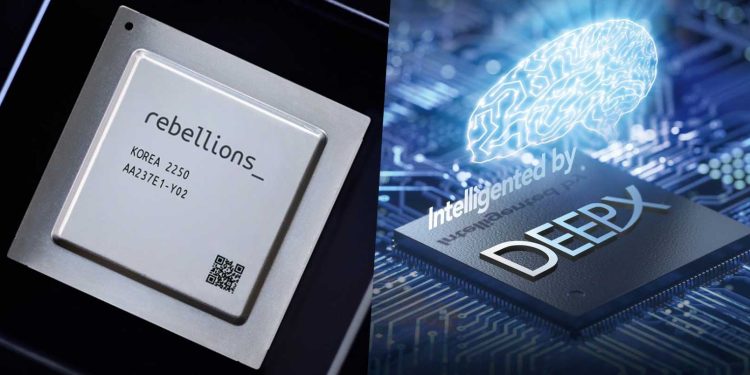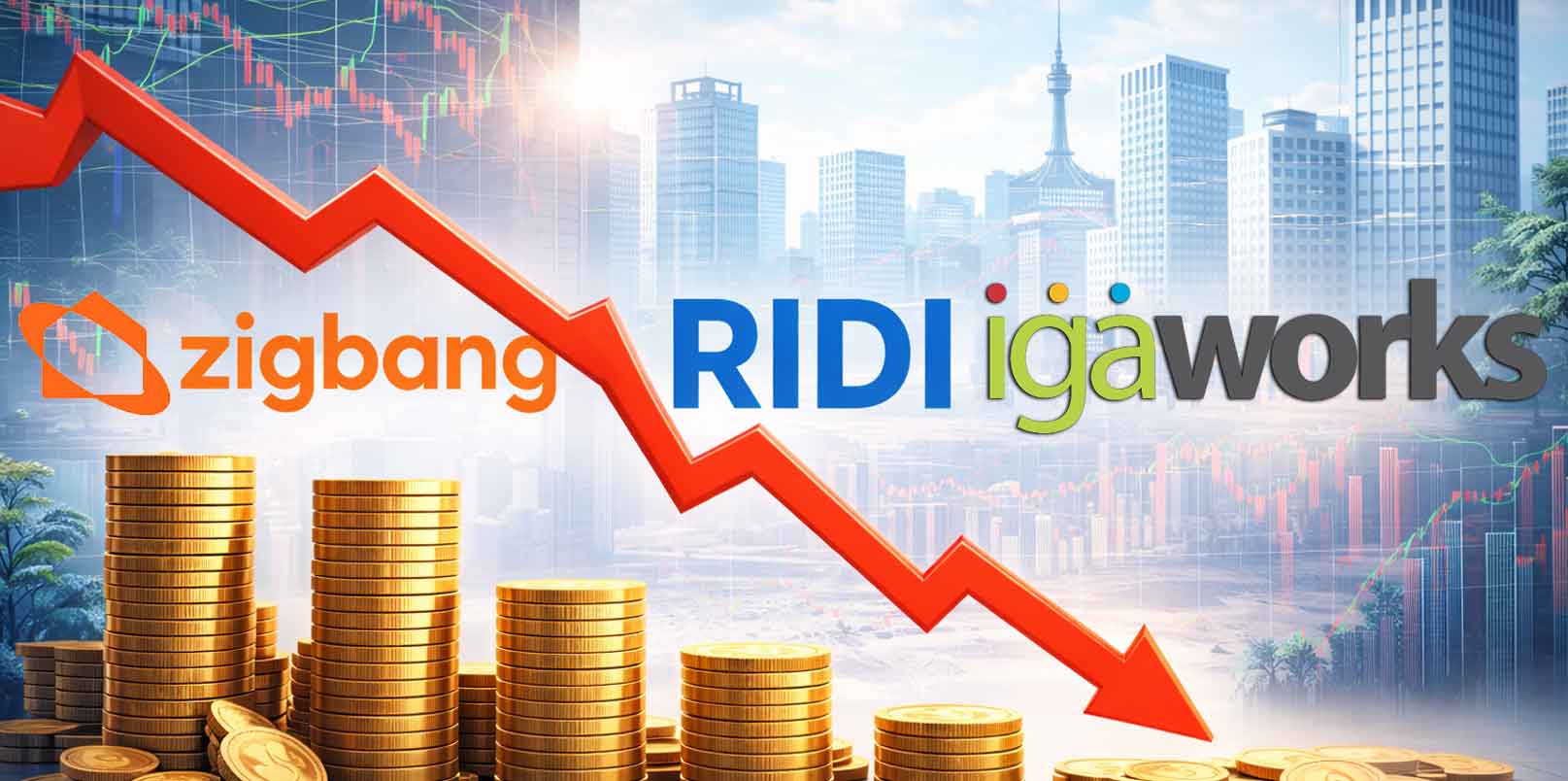As global demand for GPUs pushes costs higher and access tighter, Korea is charting its own course in AI hardware. Domestic startups and conglomerates are now betting on Korea’s NPU chips, which were designed specifically for neural networks, to achieve both efficiency and independence. This emerging shift advantageously represents Korea’s bid to secure sovereignty in the next era of AI.
A Turning Point in Korea’s AI Hardware Landscape
Korea’s industrial and tech leaders are rapidly turning toward domestic neural processing units (NPUs) as an alternative to Nvidia’s costly and scarce GPUs.
Industry sources reported that Korean companies including SK Telecom, KOLON BENIT, and POSCO DX are now deploying NPUs from startups like Rebellions and DeepX, marking a pivotal step in efforts to reduce reliance on foreign suppliers and strengthen AI sovereignty.
Korean Firms Accelerate NPU Adoption Across AI and Industry
NPUs are specialized AI semiconductors optimized for deep learning and neural network operations. Unlike GPUs, which were designed for graphics rendering and adapted for AI, NPUs deliver higher efficiency and lower power consumption at significantly reduced costs.
- SK Telecom tested Rebellions’ NPU for integration into its AI platform A. (adot).
- KOLON BENIT launched an AI monitoring solution that combines Rebellions’ NPU Atom with LG AI Research’s LLM Exaone.
- POSCO Group, through POSCO DX, developed an AI model for fire and intrusion monitoring in industrial sites using DeepX’s NPUs.
This shift underscores how Korean enterprises are embedding local chips not only in large language models (LLMs) but also in edge AI applications that require real-time inference near the data source.
From Research to Factory Floor: Korea’s NPU Chips Now Enters Industrial Deployment
The industrial rollout is especially significant. POSCO DX’s NPU-powered AI model detects flames, smoke, and intruders, key risk factors in high-stakes environments like steel plants.
The collaboration traces back to a 2023 agreement between POSCO DX and DeepX to co-develop edge AI solutions. Unlike cloud-based AI, edge AI processes data on-site, enabling faster, more efficient responses. POSCO DX highlighted that its role included improving functions and stability “so that NPUs can be optimized for real industrial AI models.”
According to company figures, the NPU-enabled fire and intrusion monitoring model matched GPU-level inference speeds while reducing hardware costs by 70% and power consumption by 90%.
Stakeholder Perspectives on AI Sovereignty
A POSCO DX spokesperson confirmed plans to expand NPU deployment:
“We will broaden the application of NPUs in AI inference services at steel plants and Incheon Airport’s baggage handling system.”
Industry observers see the shift as strategically vital. An industry official said,
“Given Nvidia’s near-monopoly in AI semiconductors, Korean firms face persistent GPU supply and cost pressures. Domestic NPU-based AI models will be key to securing AI independence and technological sovereignty.”
Korea’s NPU: AI Sovereignty and Scalable Export
The rise of Korea’s NPU chips is shaping two important dynamics in Korea’s tech landscape:
Deep Tech Startups as Enablers
Rebellions and DeepX are emerging as key hardware partners to major enterprises, demonstrating how startups can play a central role in advancing national strategies for AI independence.
Edge AI as a Growth Frontier
With industries like manufacturing, airports, and utilities seeking real-time monitoring, NPU-powered edge AI solutions could become a scalable export model, similar to how K-pop and webtoons successfully globalized Korean IPs.
This momentum marks a shift in the Korean startup ecosystem toward critical hardware innovation, not just software and services. It also signals to global investors that Korea’s AI industry is moving from dependency to self-sufficiency, echoing government ambitions around AI sovereignty.
Redefining Korea’s Role in Global AI Economy
Finally, this strategic pivot from Korean companies toward domestic NPUs shows how local innovation can align industrial demand, startup agility, and national strategy.
That is why if POSCO DX’s adoption expands and SK Telecom’s AI services scale with these NPUs, Korea may not only reduce reliance on Nvidia but also create a new benchmark in cost-efficient, energy-conscious AI deployment.
South Korea is now betting that cheaper, greener, and local AI chips can power the next stage of industrial digitalization. And in doing so, the country is redefining its role in the global AI economy.
🤝 Looking to connect with verified Korean companies building globally?
Explore curated company profiles and request direct introductions through beSUCCESS Connect.
– Stay Ahead in Korea’s Startup Scene –
Get real-time insights, funding updates, and policy shifts shaping Korea’s innovation ecosystem.
➡️ Follow KoreaTechDesk on LinkedIn, X (Twitter), Threads, Bluesky, Telegram, Facebook, and WhatsApp Channel.






